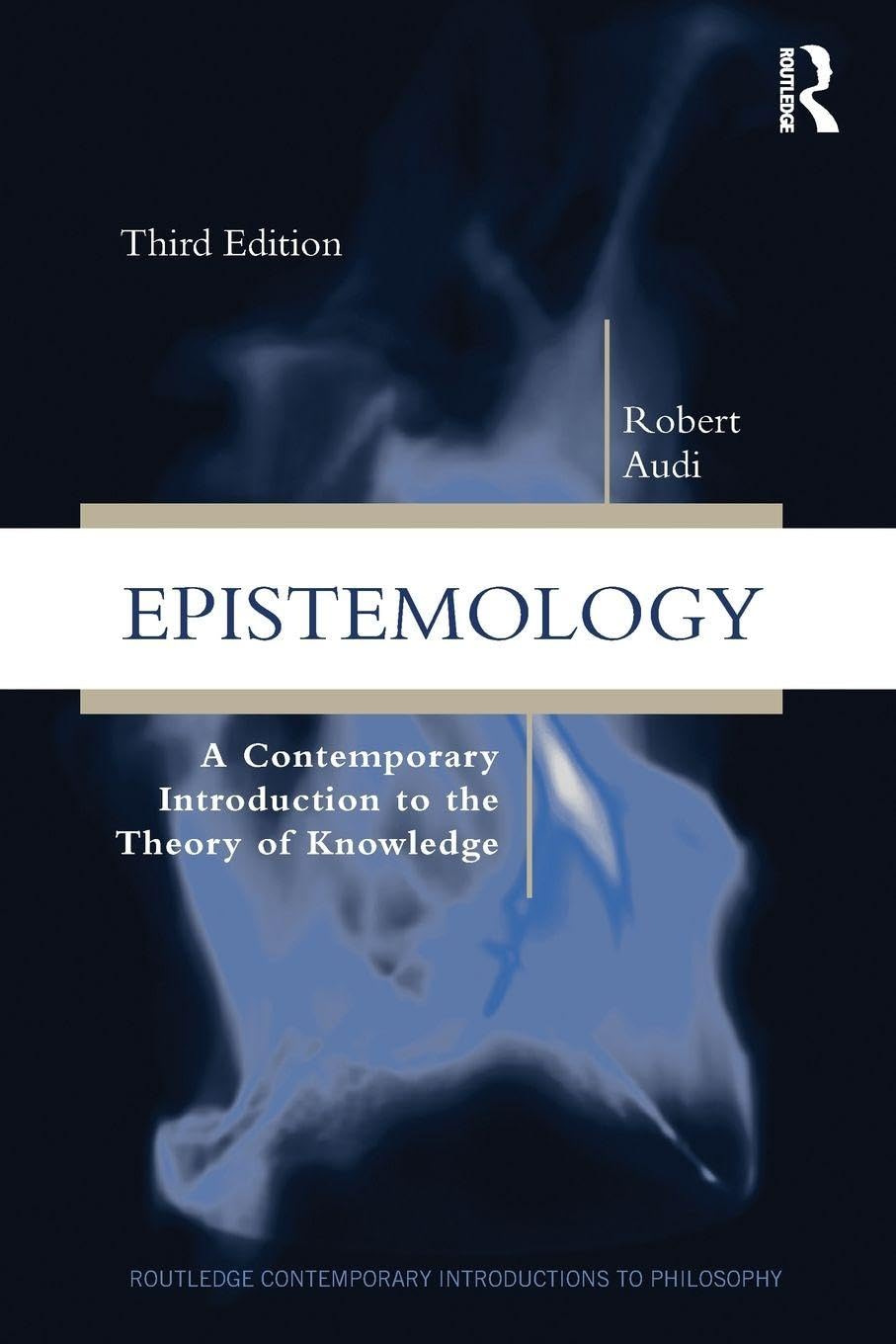Servicios al cliente
Sobre nosotros
Copyright © 2025 Desertcart Holdings Limited
Desert Online General Trading LLC
Dubai, United Arab Emirates


Epistemology: A Contemporary Introduction to the Theory of Knowledge, 3rd Edition
Trustpilot
Hace 2 días
Hace 3 semanas